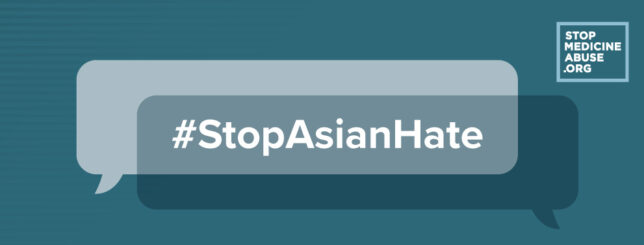This post was updated slightly in September of 2022.
The internet and social media are constantly abuzz with political news, discussion, and other forms of digital activism — much of it driven by Gen Z.
This flurry of online political activity by today’s teens and young adults is no surprise given that 62% of Gen Z believe their voices are stronger online than offline. Between Greta Thunberg’s fight for climate justice, Little Miss Flint’s advocacy for clean water, and the 17-year-old who filmed George Floyd’s tragic death, this generation has seen firsthand the power of their collective voice and activism across several issues.
Research shows that there are many benefits for teens participating in civic engagement, including taking more agency over one’s life, enhancing appreciation for diversity, and building stronger relationships with those diverse communities. It’s clear that political activism reaps positive effects for developing minds.
The same research shows that those who perform civic duties in their younger years feel an innate desire to continue these duties throughout the rest of their lives. The habits we build as teens often stay with us throughout our lives – it’s the job of parents, educators, and other trusted guardians to foster such characteristics early on to set teens up for fulfilling lives.
Get your teen thinking about ways to stay civically active with these steps:
- Vote. Opportunities to exercise this civic duty arise more often than once every four years. Vote.org lets your teen register for alerts about upcoming elections, and it only takes 15 seconds. Bringing your teen to vote alongside you is a great way to prepare them to do it on their own. They’ll likely become more engaged if they’re included in the process and shown firsthand how it works. But first…
- Get registered. Did you know that even if your teen is under 18, they can preregister to vote? Check eligibility by state here — and browse the rest of the Rock the Vote site for more information about empowering the youth vote.
- Know your elected officials. Can your teen name their Members of Congress? If not, they can find their Senator here and their House representative here. These public servants are elected to represent the interests of their constituents — and that includes your teen!
- Now that you know your lawmakers, reach out. Encourage your teen to act on the issues that matter most to them by calling or contacting their senator or representative. These lawmakers’ offices do keep track of what constituents care about, so urge your teen to make their voice heard and help make a difference.
- Think local. Local officials are more accessible than state and federal officials and can make a real difference in your community. Town halls or city council meetings can be a great introduction for young people to learn about the political process firsthand.
- Join a group. Encourage your teen to contact nonprofits, advocacy groups, or other organizations that align with their interests. Many organizations welcome youth participation in their cause. Make volunteering a bonding opportunity for you and your teen to share.
- Stay educated. Encourage your teen to read the news, visit reputable news sites, or follow politicians and organizations on social media. Though social media advocacy is sometimes dismissed as “clicktivism,” studies show that 28% of young adults engaged in political action because of something they saw on social media.
- Prioritize media literacy. In our era of misinformation, it is crucial that your teen develop the critical thinking skills to separate fact from fiction. A study conducted by Stanford Graduate School of Education found that 89% of middle schoolers couldn’t tell the difference between a news story and an advertisement. The same study found that 59% of adults fell into the same category. Even if you’re unsure about a topic, talk to your teen about it. Starting a conversation forces both you and your teen to ask questions and think critically. Do research and stay informed together; CrashCourse on YouTube offers an excellent and engaging video series on media literacy. This roundup has some of the best digital literacy and fact-checking resources to share with your teen.
- Sign a petition. Encourage your teen to check out Change.org to help the issues that align with their values gain traction.
- Championing your teen to use their powers for good! If they’re a musician, maybe that’s a protest song. If they’re a painter, is there an opportunity to contribute to a local mural? If your teen is empathetic and a good conversationalist, maybe phone banking and outreach is the place to contribute. If computer coding is their forte, how can your teen put their skills to the test and make a difference?
Our world is facing a number of crises that can feel overwhelming to any teen or adult. But when teens involve themselves in political activism and make their voices heard, it can buffer them from the helplessness they may feel otherwise — even prevent them from turning to unhealthy coping mechanisms like substance use.
Encourage your teen to explore the above tips and consider ways to practice them together. Ultimately, what’s the best way to impress ideas of positive civic participation on your teen? Model them.







